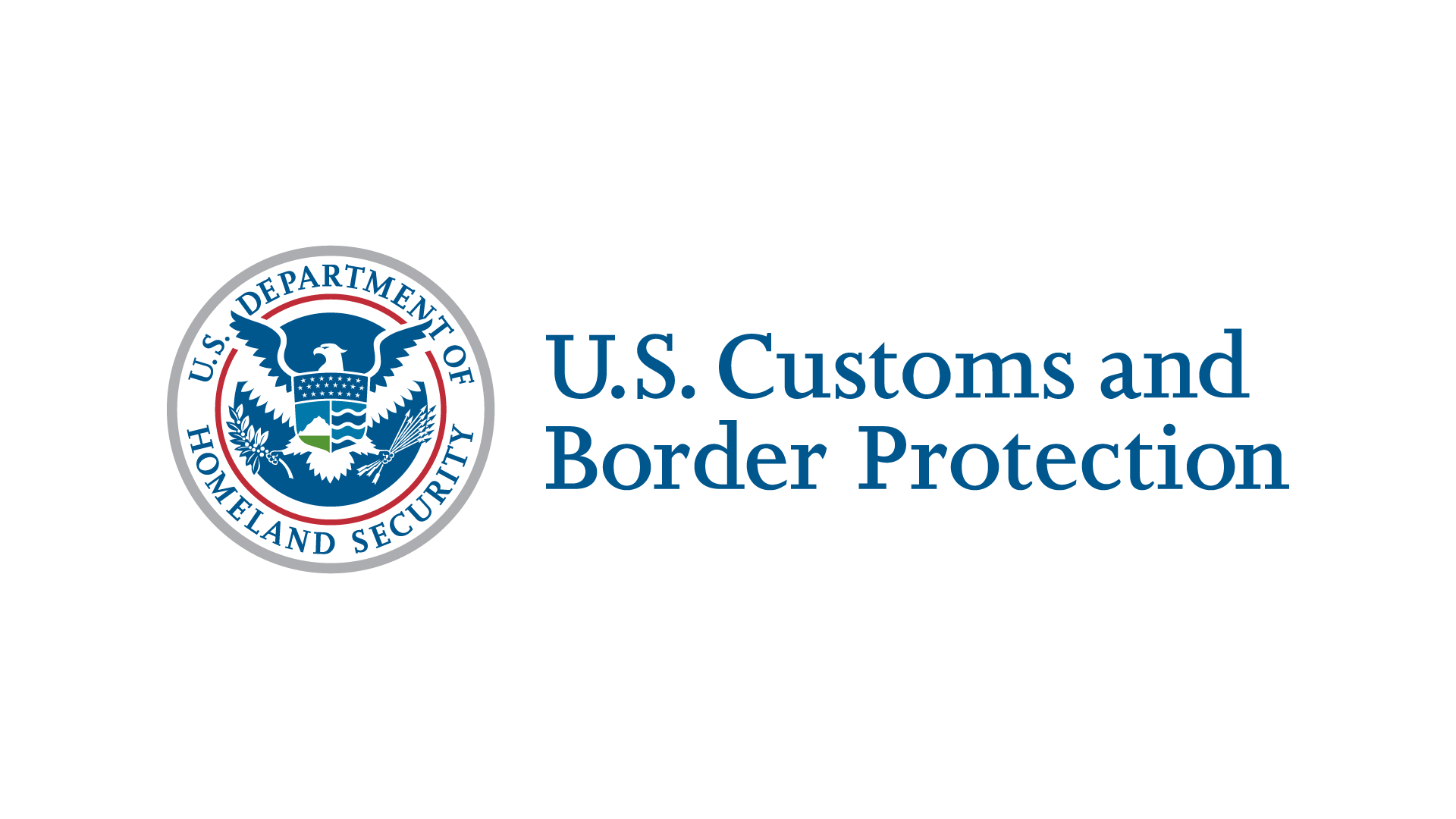CSMS # 60040952 – Cybersecurity Alert – Scammers Impersonate CBP Employees
| Cargo Systems Messaging ServiceCSMS # 60040952 – Cybersecurity Alert – Scammers Impersonate CBP EmployeesImpersonation scams are on the rise. Scammers are posing as U.S. Customs and Border Protection (CBP) employees and demanding payment or sensitive information. If you receive one of these calls, hang up and report the call to the Federal Trade Commission. CBP will never solicit payment by phone. Be aware of signs of a scam: The caller states CBP has intercepted a shipment of drugs with your name and address and that cooperation is important to ensure the case is resolved.The scammer threatens the police will be arriving.The caller requests personal information or payment. Scammers may provide an actual CBP employee’s name and phone number found on the internet. Some scammers even provide fake case numbers and badge numbers. If you receive a suspected scam call: Do not provide any information or payment.Hang up and block the number.Do not call the phone number from the caller ID, or left in voicemails, emails, texts, or social media messages. To protect yourself: Reduce your digital footprint by limiting the information you share online. Scammers use public, online information to make their scams more believable. Utilize privacy settings. Review your profile, account, and connections for suspicious activity. Trust your gut. If it seems suspicious, do not interact. Spread the word. Share signs of scams with your friends and family to prevent future successful attacks. Report it. Report scam calls to www.ReportFraud.ftc.gov. |


